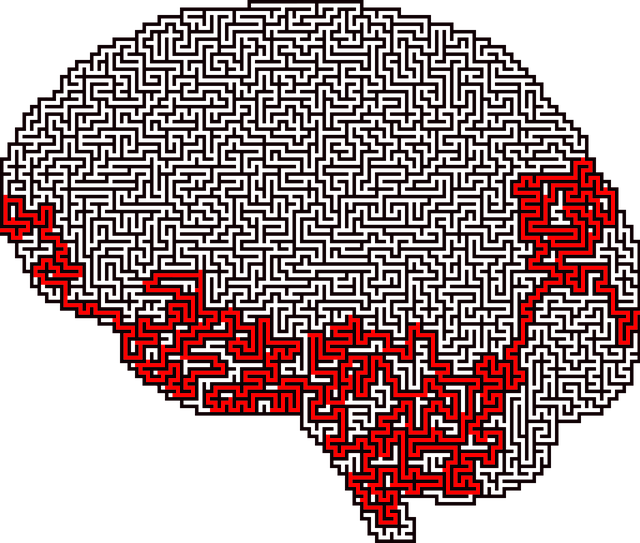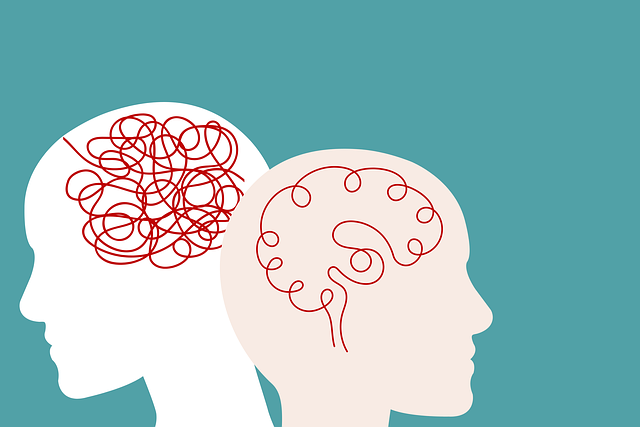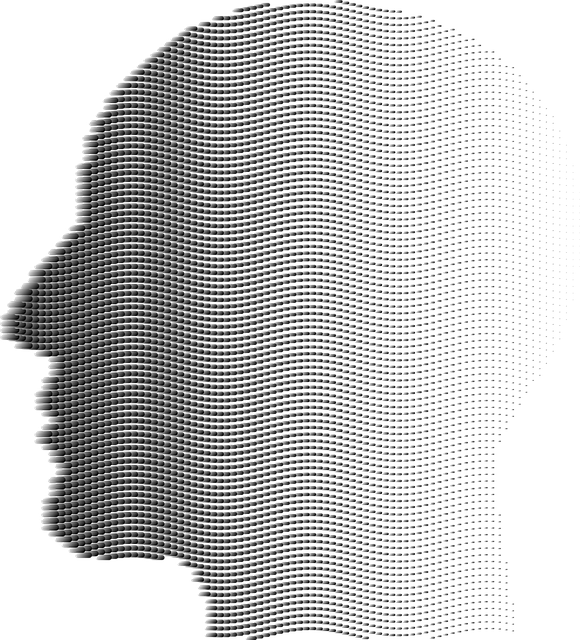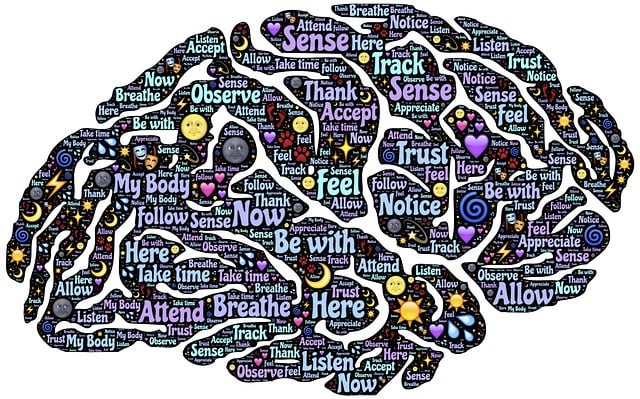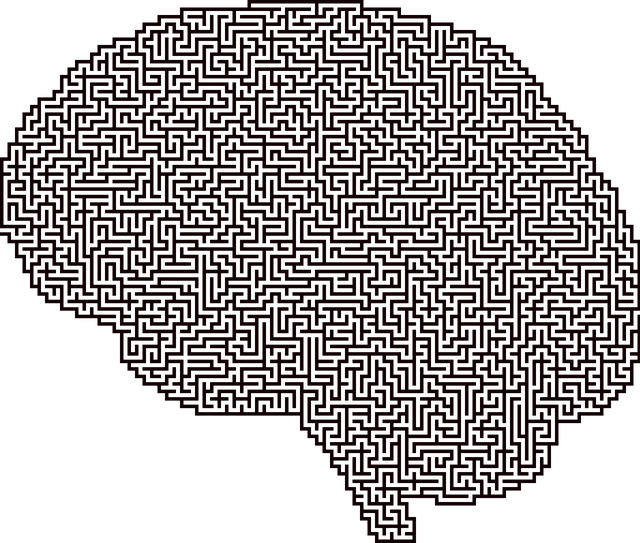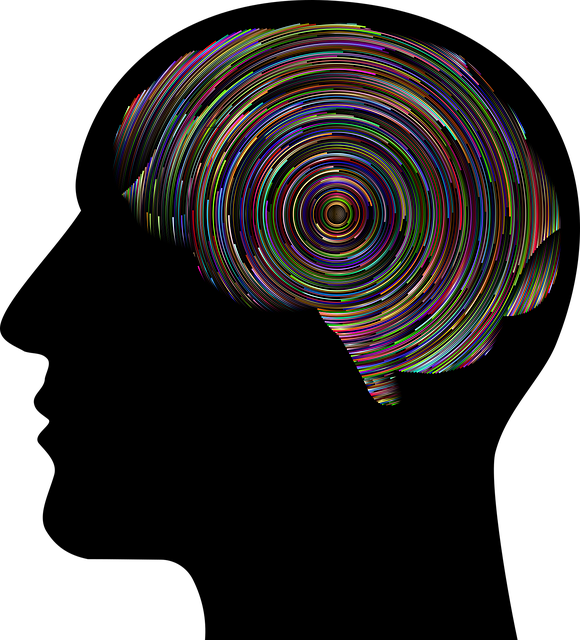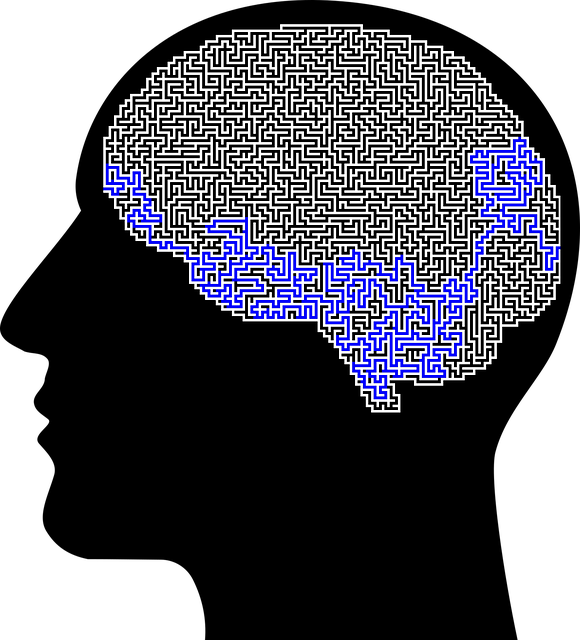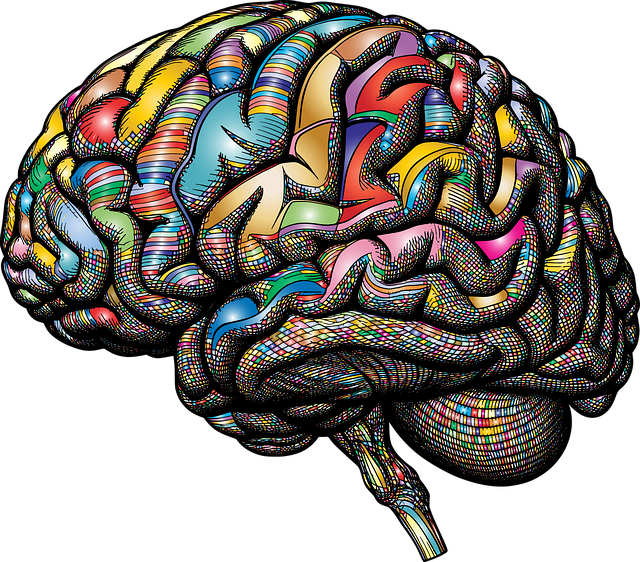Northglenn Drug Abuse-Substance Abuse Therapy employs a unique, holistic approach to addiction recovery by focusing on building resilience through the RFM framework (Reach, Frequency, Motivation). By assessing environmental support, behavior patterns, and underlying motivations, therapists create personalized interventions. This includes mindfulness practices, empathy-building strategies, and mental health awareness exercises. These tailored techniques enhance stress management, self-awareness, emotional regulation, and communication skills, leading to improved recovery outcomes. Regular evaluation of RFM allows therapists to track client progress in recovery, functioning, and motivation, enabling them to adjust therapy and aftercare plans for long-term resilience and better mental well-being.
Resilience is a critical component in recovering from drug abuse and substance addiction. RFM (Recovery Capital Model) provides a framework for understanding an individual’s resilience and their ability to navigate setbacks. This article explores how Northglenn Drug Abuse-Substance Abuse Therapy utilizes RFM and resilience-building exercises to empower clients, enhance their coping skills, and improve outcomes. We’ll delve into practical strategies for incorporating these exercises into treatment plans and discuss methods for measuring the positive impact on client recovery journeys.
- Understanding RFM and its Role in Resilience Building
- Northglenn Drug Abuse-Substance Abuse Therapy: An Overview
- Strategies for Incorporating Resilience Exercises into Treatment Plans
- Measuring Success: Evaluating the Impact of RFM on Client Outcomes
Understanding RFM and its Role in Resilience Building

Resilience is a critical component of mental health and well-being, especially in addressing issues like drug abuse and substance use disorders. This is where RFM—a powerful framework for understanding an individual’s relationship with their environment—enters as a valuable tool. RFM stands for Reach, Frequency, and Motivation, offering a nuanced perspective on how individuals interact with potentially harmful substances or behaviors.
In the context of Northglenn Drug Abuse-Substance Abuse Therapy, this model helps therapists tailor interventions to enhance resilience. By evaluating reach (the extent an individual’s environment supports or hinders their well-being), frequency (the rate at which risky behaviors occur), and motivation (the underlying drives behind these behaviors), therapists can design targeted self-care practices and emotional well-being promotion techniques. Furthermore, empathy building strategies, by fostering understanding and connection, play a significant role in this process, allowing individuals to navigate their challenges with enhanced resilience.
Northglenn Drug Abuse-Substance Abuse Therapy: An Overview

Northglenn Drug Abuse-Substance Abuse Therapy offers a comprehensive and supportive environment for individuals seeking recovery from addiction. This program is designed to help clients navigate their journey towards sobriety, focusing on both physical and psychological aspects of healing. The therapy sessions are tailored to address the unique needs of each individual, promoting mental health awareness and mood management techniques as key components of the treatment process.
Through various therapeutic approaches, Northglenn Drug Abuse-Substance Abuse Therapy aims to provide anxiety relief and help clients develop resilience against future triggers. By fostering an understanding of underlying causes and implementing effective coping strategies, individuals can build a strong foundation for long-term recovery. This holistic approach ensures that participants not only overcome their substance abuse but also gain valuable tools to maintain mental well-being.
Strategies for Incorporating Resilience Exercises into Treatment Plans

Incorporating resilience exercises into treatment plans at Northglenn Drug Abuse-Substance Abuse Therapy can significantly enhance recovery outcomes. These strategies go beyond traditional therapy sessions by equipping individuals with coping mechanisms to navigate life’s challenges. One effective approach is integrating mindfulness practices, such as meditation and deep breathing techniques, which not only improve stress management but also foster mental health awareness. By regularly engaging in these exercises, clients develop a stronger sense of self-awareness and emotional regulation, crucial for maintaining sobriety.
Additionally, empathy building strategies should be central to the treatment framework. Role-playing scenarios, group discussions, and sharing personal stories can facilitate deeper connections among participants. This collective experience strengthens bonds, encourages open communication, and promotes understanding—all essential elements for building resilience. Mental health professionals play a vital role in guiding these exercises, ensuring they are tailored to individual needs while fostering an environment that supports both emotional healing and long-term recovery.
Measuring Success: Evaluating the Impact of RFM on Client Outcomes

Evaluating the impact of RFM (Recovery, Functioning, and Motivation) on client outcomes is a critical step in understanding its effectiveness as a resilience-building tool at Northglenn Drug Abuse-Substance Abuse Therapy. By assessing changes in recovery status, daily functioning, and motivation levels, therapists can gauge significant improvements in clients’ lives. This process involves comparing baseline data with post-intervention measurements, identifying trends, and collecting client feedback.
The success of RFM is multifaceted, addressing not only addiction recovery but also anxiety relief and depression prevention through mental wellness journaling exercise guidance. It empowers individuals to take ownership of their well-being by tracking personal progress, setting achievable goals, and gaining insights into their emotional states. This data offers valuable guidance for tailoring therapy sessions and aftercare plans, ultimately fostering long-term resilience and enhancing overall mental health.
Resilience is a powerful tool in the fight against drug abuse and substance addiction. By understanding the RFM (Recovery, Flexibility, and Mastery) model and its role in resilience building, therapists like those at Northglenn Drug Abuse-Substance Abuse Therapy can develop tailored treatment plans that effectively address the unique needs of their clients. Incorporating resilience exercises not only enhances recovery outcomes but also equips individuals with the skills to navigate life’s challenges. Measuring the impact through structured evaluations ensures that these exercises remain a vital component of successful therapy, ultimately fostering long-term wellness and resilience.
